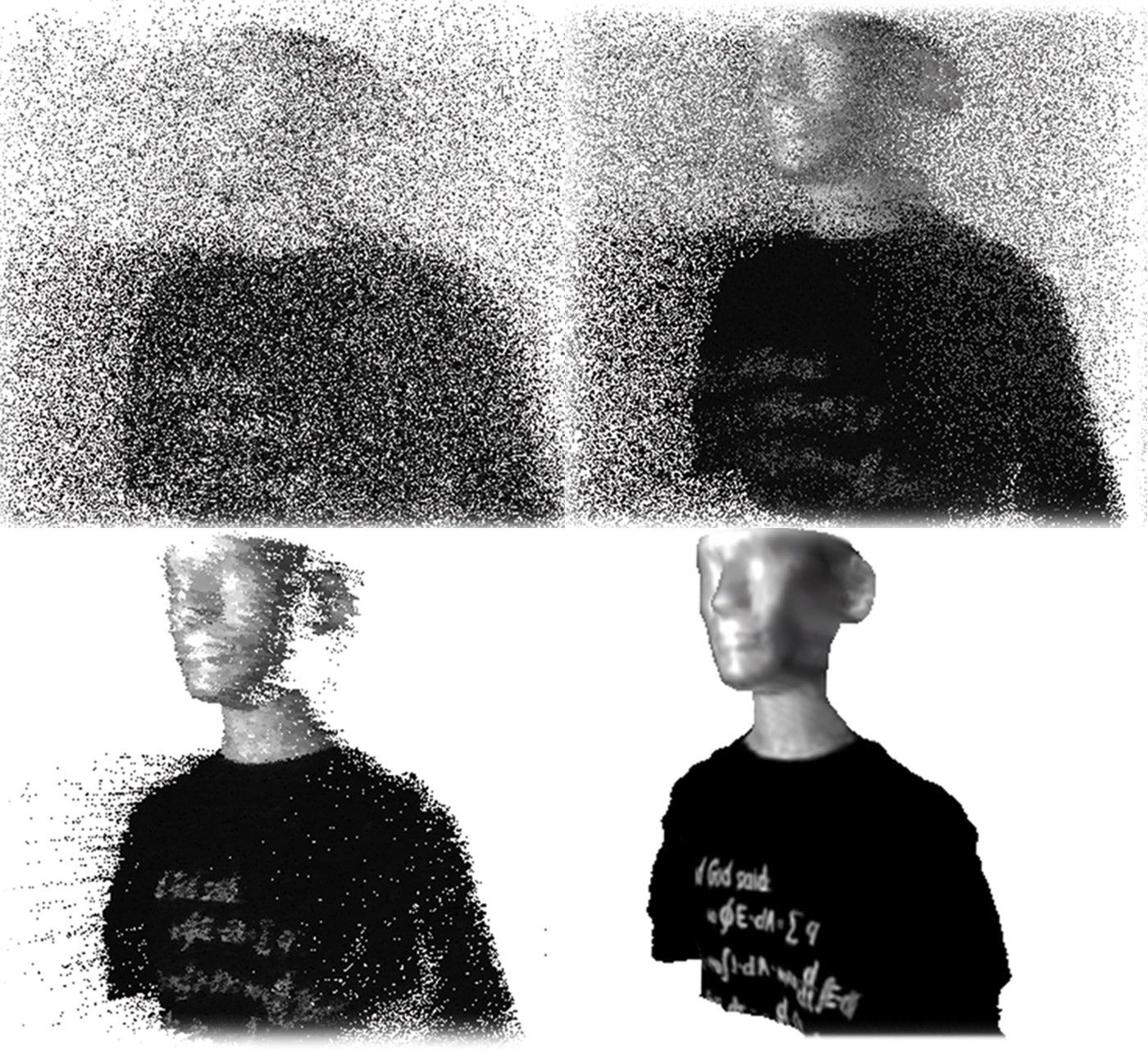New camera takes 3D images in complete darkness
Low intensity pulses of visible light are fired at the target, with each photon corresponding to a single pixel in the image

A camera that can create 3D images in near total darkness has been developed by a team of researchers from the Massachusetts Institute of Technology (MIT).
The team, from MIT’s Research Laboratory of Electronics and led by Ahmed Kirmani, developed a system that builds up a three-dimensional image using single photons.
To create the image, low intensity pulses of visible light are directed at an object. The pulses are fired at a particular part of the object until a single photon is reflected back and recorded by a detector. Once the photon has been identified, the laser moves on to another part of the object. Each photon that is received corresponds to a different pixel of the image.
The 3D aspect of the image is achieved by measuring the time it to takes for the photon from the laser pulse to be reflected back, which in turn allows the camera to determine depth.
Kirmani and his team did not develop a new laser or detector. In fact, the camera technology they use is very similar to the Lidar technology employed by Google to map out its Street View service.
Instead, the MIT researchers formulated various new algorithms that allow an image to be created using around one hundredth of the photons needed for the existing Lidar technology.
Other algorithms are used to eliminate the background light that could distort the desired image.
It has been suggested that the new camera could be used to help produce images of eyes that are easily damaged by bright eyes. Alternatively, it could be used as a “spy camera”, helping military services to map out poorly lit locations.
Join our commenting forum
Join thought-provoking conversations, follow other Independent readers and see their replies
Comments
Bookmark popover
Removed from bookmarks